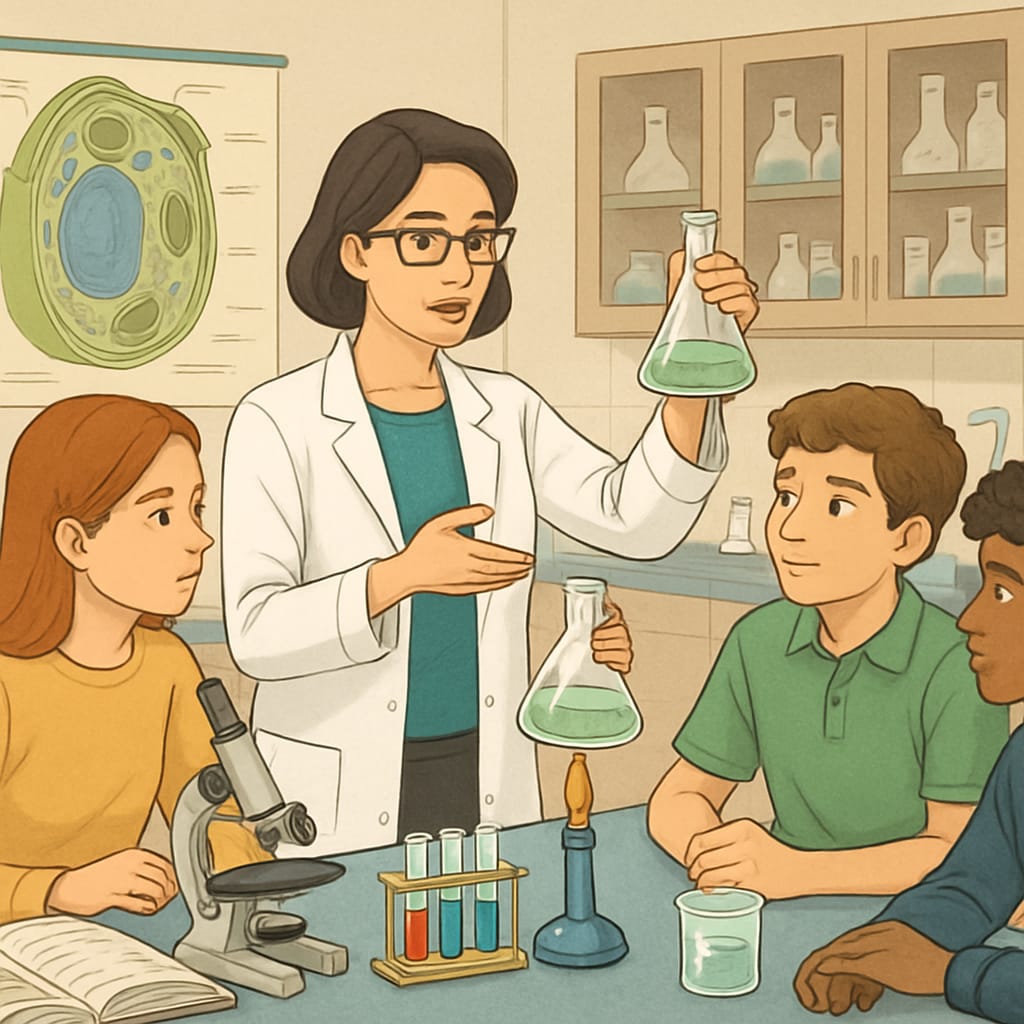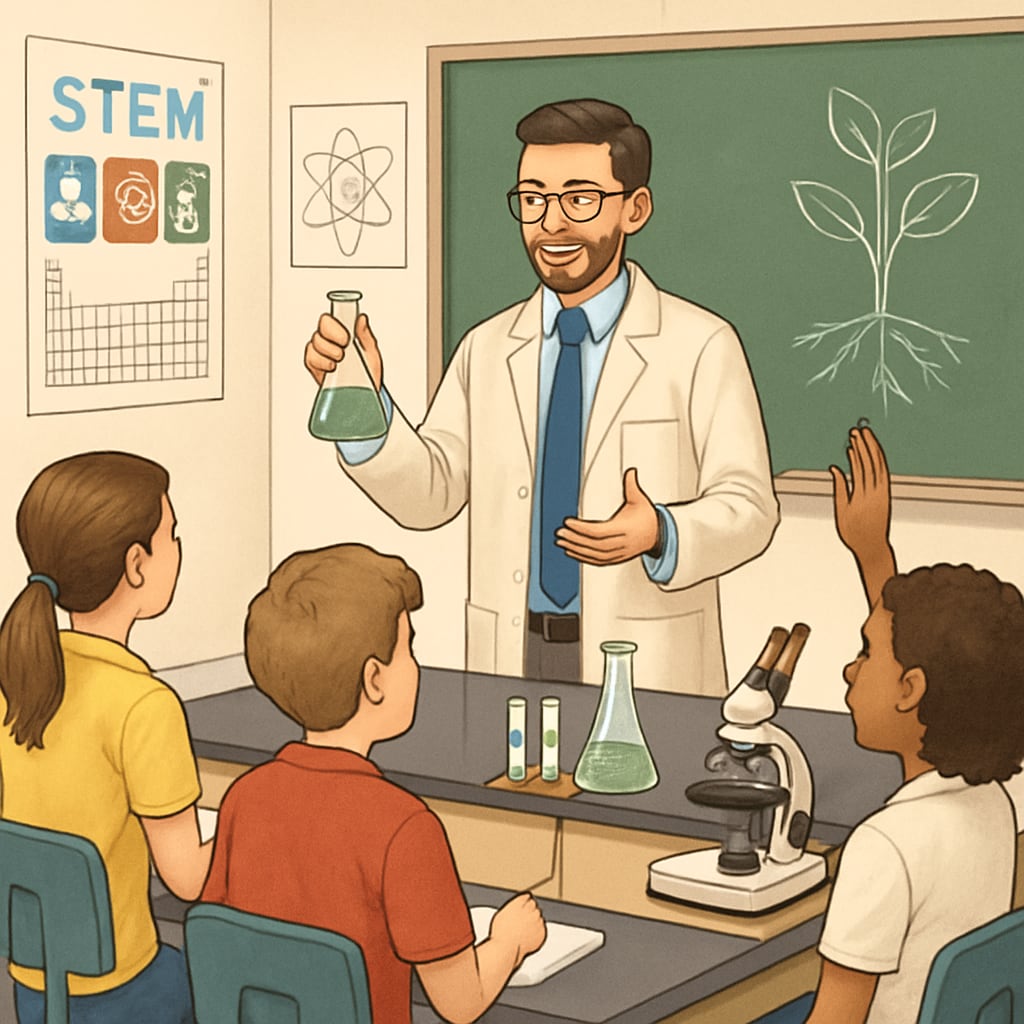For biology students, the transition to an education-focused career path might initially seem daunting. However, pursuing an education master’s degree can offer unique opportunities to apply scientific knowledge in impactful ways. This article examines the feasibility of such a shift, addressing challenges and opportunities while providing actionable advice for biology majors considering this transformative journey.
Why Consider Transitioning from Biology to Education?
Biology as a discipline equips students with analytical thinking, problem-solving abilities, and a deep understanding of the natural world. These qualities align well with the skills needed in education, particularly in STEM teaching roles. With the growing demand for educators who can inspire the next generation of scientists, biology graduates are well-positioned to fill this gap.
In addition, a career in education offers a platform to make a tangible difference in society. Teachers influence young minds, foster curiosity, and nurture future innovators. For biology majors passionate about sharing their knowledge, transitioning to education represents a meaningful way to combine their expertise with their desire to inspire others.

Challenges of Shifting to an Education Career
Despite the promising opportunities, transitioning from biology to education comes with its own set of challenges:
- Acquiring Pedagogical Skills: Biology majors may excel in their subject but often lack formal training in teaching methods, classroom management, and curriculum design.
- Certification Requirements: Depending on the region, transitioning into teaching may require additional certifications or a master’s degree in education.
- Mindset Shift: Moving from a research-focused discipline to a student-centered profession requires a significant change in perspective and priorities.
However, these challenges are not insurmountable. Many education master’s programs are designed specifically for professionals from diverse academic backgrounds, offering tailored pathways to certification and classroom readiness.
Opportunities and Benefits of a Biology-Education Transition
On the flip side, the advantages of this career shift are numerous:
- High Demand: STEM educators are in high demand globally, providing job security and opportunities for career advancement.
- Interdisciplinary Connections: A background in biology allows teachers to bridge science with other subjects, fostering interdisciplinary learning.
- Personal Fulfillment: Teaching offers the satisfaction of mentoring students and witnessing their growth and achievements.
Moreover, the analytical and research skills honed during a biology degree can enhance a teacher’s ability to develop innovative lesson plans and engage students effectively.

Practical Steps for a Successful Transition
For biology students interested in pursuing an education career, the following steps can facilitate the process:
- Research Educational Pathways: Investigate master’s programs in education that cater to STEM graduates. Look for programs offering teaching practicums and certification options.
- Gain Teaching Experience: Volunteer as a tutor, teaching assistant, or STEM mentor to gain hands-on experience and explore your passion for teaching.
- Network with Educators: Connect with professionals in education to gain insights into the field and learn about potential challenges and rewards.
- Develop Soft Skills: Focus on improving communication, empathy, and adaptability—qualities essential for effective teaching.
By taking these proactive steps, biology students can smoothly transition into the education field and build a fulfilling career as STEM educators.
Final Thoughts on Crossing Academic Boundaries
The journey from biology to education is both challenging and rewarding. While it requires dedication and a willingness to adapt, the impact of inspiring young minds and contributing to the growth of STEM education is immeasurable. For biology majors seeking a career that combines their scientific expertise with a passion for teaching, an education master’s degree offers the perfect bridge to a transformative professional path.
External Resources:
For more information about STEM education careers, visit Education Overview on Britannica or explore STEM Education on Wikipedia.


